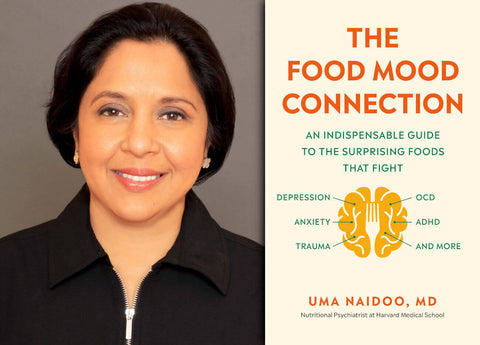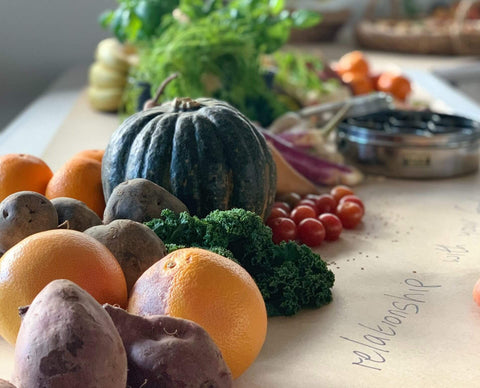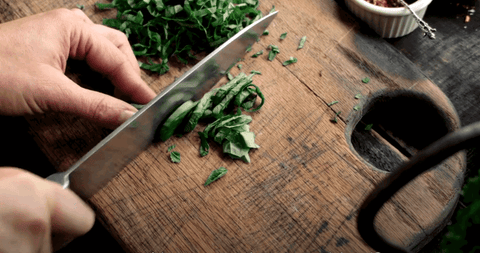Did you know that blueberries can help you cope with the after-effects of trauma? Or that salami can cause depression? From Anxiety to PTSD, Uma Naidoo’s The Food Mood Connection will revolutionise how you approach well-being. Read an excerpt from Chapter 3, “Anxiety: Fermented Foods, Dietary Fibre and the Tryptophan Myth”.
Even if you don’t suffer from an anxiety disorder, you probably intuitively understand that there is a connection between anxious feelings and your gut. Think about how your stomach feels when you are nervous. Maybe you’ve found yourself running to the bathroom before a big test in school. Maybe you’ve felt nauseated or had dry heaves when you’re on edge about a presentation at work. The connection is even built into our language, as we talk about “butterflies in your stomach” for mild nervousness or “a pit in your stomach” for feelings of dread. Those figures of speech aren’t mere coincidence. Whether we realize it or not, they’re inspired by the complex bidirectional relationship between the gut and the brain.
In 2018, Gilliard Lach and his colleagues shed light on the physiological connection between anxiety disorders and bowel issues. Their work centred around gut peptides, short chains of amino acids that are used by your body as signalling molecules, carrying information between the gut and the brain. In the gut, specialized cells called enteroendocrine cells produce more than twenty signalling molecules, including peptides.




